Short-term student mobility program – Study tour to a Japanese university
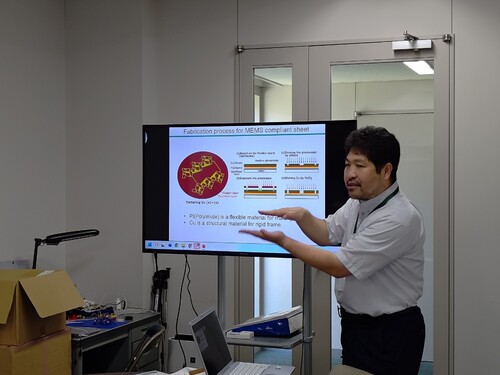
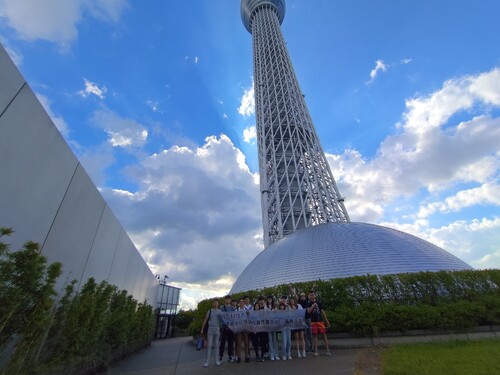
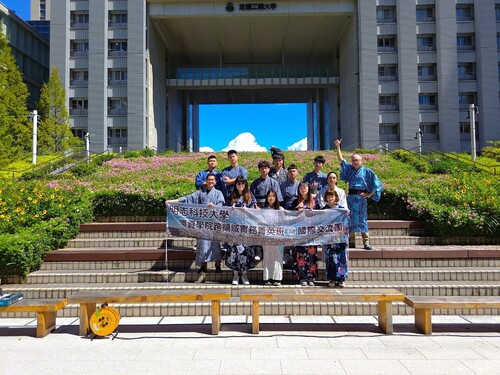
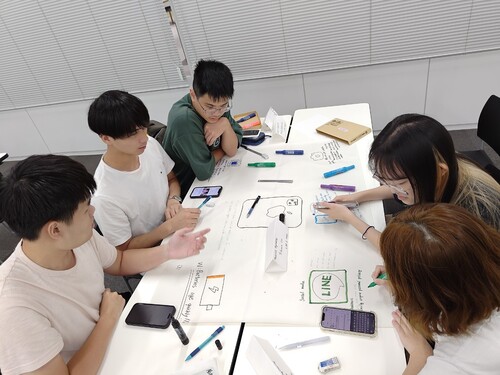
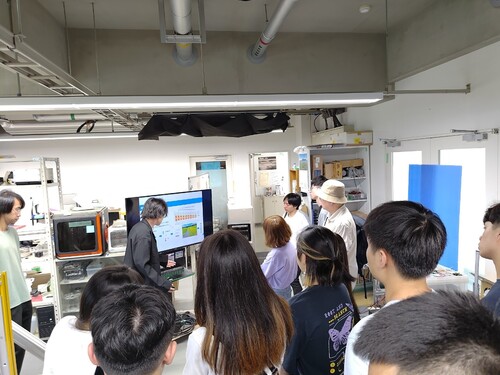
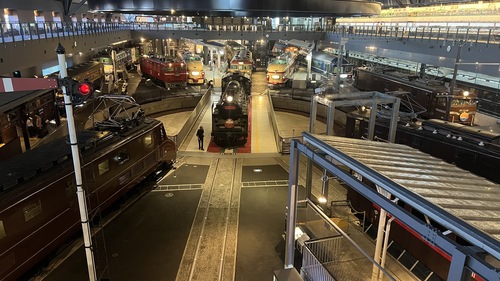
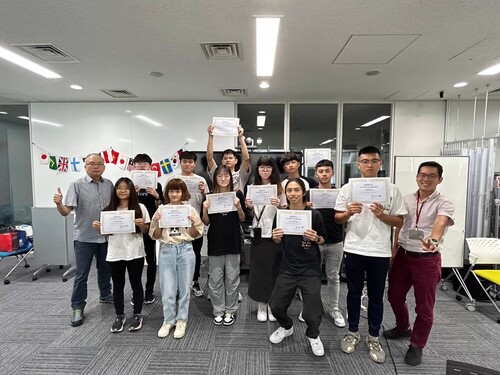
Considering the diverse composition of the class and the special nature of the class, which consists of students enrolled through Special Achievement and Screening-Based Admission based on their outstanding performance in their technological skills, the visit sites were a combination of the specialty areas of the Departments of Safety, Health, and Environmental Engineering, Materials Engineering, along with Chemical Engineering. The research centers and companies visited were arranged with the assistance of Shibaura Institute of Technology, incorporating coursework, hands-on practice, and certification, thus allowing students in this program to gain a balance between theoretical learning and practical applications. Upon completion of the tour, each student was awarded a certificate of completion, which would be a great enrichment to their resumes.
This year’s international study tour included industry visits, laboratory tours, SDGs seminars and workshops, among other innovative teaching methods. The program also adopted a flipped education approach, allowing students to learn about their own careers and specialties on one hand, and finding objects or innovative ideas from campus life on the other hand, and then designing new inventions by utilizing their own specialties. In addition, students were able to share their ideas with foreign students from Shibaura Institute of Technology in groups and present their ideas in English on stage. In addition to the practical training in English communication, the lab visits also allowed them to gain a deeper understanding of the research conducted by international scholars. For example, Prof. Iizuka is working on an outer space exploration project for the Japan Aerospace Exploration Agency, which requires the design of affordable and stable robots that can explore the surface of planets in outer space. Some of the students in the technology talent class had obtained certificates in electronics and were therefore familiar with the circuit boards and electronic components in his lab. The students in Prof. Iizuka’s lab were also very willing to share their finished products with our students and introduce the functions of their products as well as the bottlenecks they encountered in their research, creating an interesting and relaxing experience for our students. I am very thankful for the arrangement of this event, which allowed students from different fields to have the opportunity to experience different professions and to improve their practical skills through international academic exchanges.
Shibaura Institute of Technology has been making great efforts in organizing international exchanges, including sandwich-type academic visits and research-type exchanges for international research projects. For the sandwich-type credit-bearing program, given that international students are uniformly taught in English, the threshold of English language requirement is relatively strict, requiring a B2 level or above, which is comparable to a score of 70 on the TOEFL or 750 on the TOEIC, meaning that it is very important for students who are interested in learning more about international exchange to study at Shibaura Institute of Technology. This is relatively difficult for MCUT students, and indicates their shortcomings in terms of English language skills. As for the sandwich-type exchanges, students only need to pay the initial registration fee to apply for a one-semester or full-year credit-bearing exchange, although they have to pay for their own living expenses during the exchange period. Fortunately, students are able to take all the international courses available to them, and they can take credits from their sister schools, thus representing a great opportunity for them to experience an immersive international learning environment.
中文:短期移地教學-日本大學交流參訪
This article is simultaneously published in the 17th edition of the SDGs E-paper.






